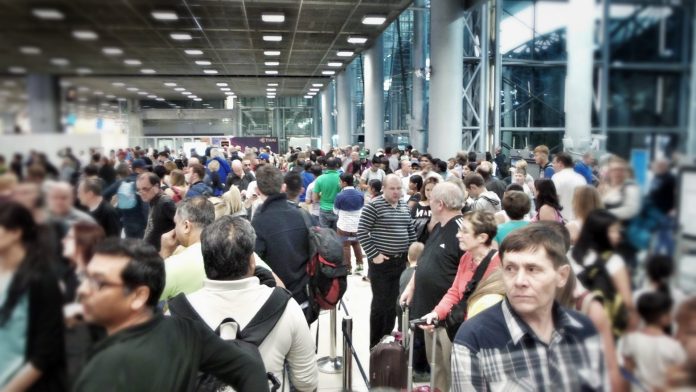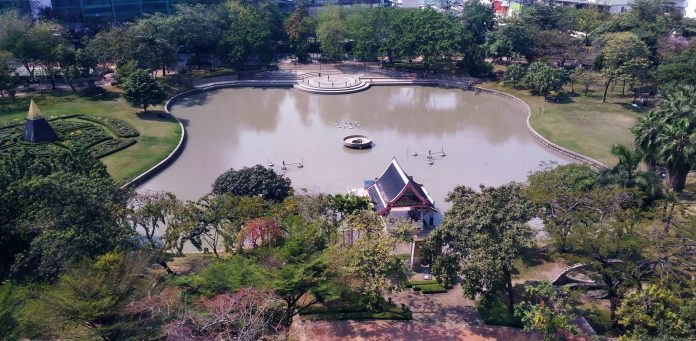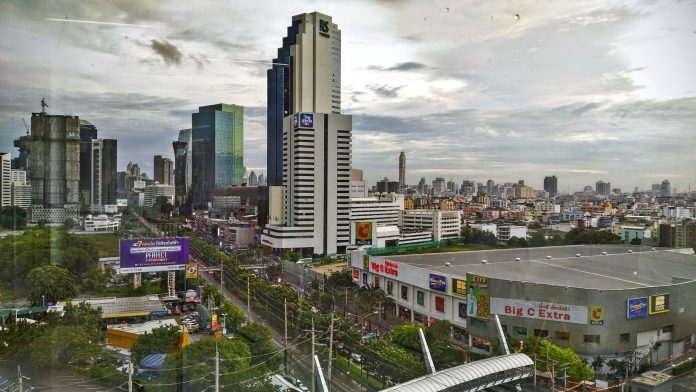Golf tourism in Thailand is more than a niche market. It’s a bona fide money spinner that is anchored by a rich history and a unique Thai experience that makes it one of world’s great golfing destinations.
There’s a rich history of golf in Thailand, with the first course built in 1923 in Hua Hin under the royal seal of approval. Since then, the Thailand Golf Association has nurtured wave after wave of aspiring pro golfers, and attracted the international elite to its courses too.
Honda LPGA Thailand is the Kingdom’s marquee tournament attracting 70 female players to its 11th edition in February 2017, including the 58 highest ranked golfers on its 2017 LPGA order of merit. Two of the Kingdom’s top golfing sisters, Ariya and Moriya Jutanugarn, were recently appointed ‘Thailand Golf Ambassadors’ by the Tourism Authority of Thailand to enhance international awareness of the country as a world-class golf destination.

On the men’s side, Thongchai Jaidee is considered by many as Thailand’s most successful professional golfer with Asian Tour career earnings estimated at US$5.31 million in 2015. He is also a ‘Sporting Ambassador of Thailand.
For non-professional leisure golfers, Thailand offers a diverse selection of vacation spots run the gamut from well-known and established destinations, to the more exotic or lesser known.
The uninitiated first time golf tourist to Thailand is always temped to buy a packaged golf tour to Bangkok, Pattaya, Hua Hin, Phuket or Chiang Mai before leaving home. Single destination is best, however packaged tours limit the fun and with so many courses, hotels and activities to choose from why get locked in? On every visit, there are new courses to discover and a Pattaya or Bangkok-based golf holiday can easily include three to four courses in a single…
















